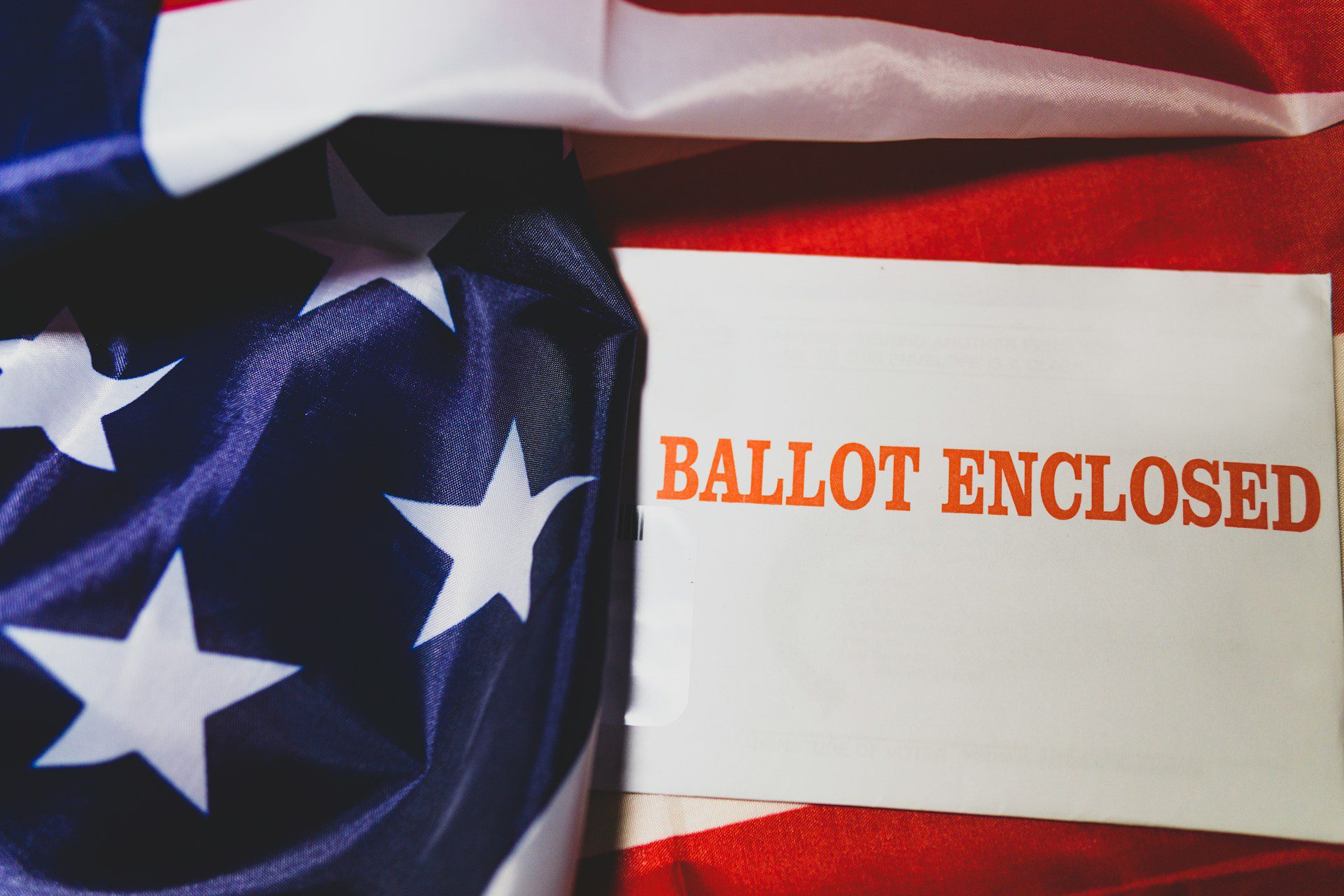Alabama
Voters in Alabama approved a ballot measure that will overhaul the state’s constitution to rid it of racist language and make the constitution more accessible to Alabama’s citizens, CNN projects. One of the revisions in the overhaul will remove an exception clause as it applies to slavery and indentured servitude, changing the text of the constitution from:
That no form of slavery shall exist in this state; and there shall not be any involuntary servitude, otherwise than for the punishment of crime, of which the party shall have been duly convicted.
To:
That no form of slavery shall exist in this state; and there shall not be any involuntary servitude.
Oregon
Voters in Oregon approved a ballot measure to remove “all language creating an exception” and make “the prohibition against slavery and involuntary servitude unequivocal.”
As part of the initiative, the Oregon Constitution was amended to allow “programs to be ordered as part of sentencing,” such as ones for education, counseling, treatment and community service.
Tennessee
Tennessee voters approved a measure to amend the state’s constitution to say slavery and indentured servitude shall be “forever prohibited,” CNN projects.
Vermont
In Vermont, a measure to amend the constitution passed, CNN projects.
Although Vermont was the first state to outlaw slavery, the proposal sought to remove text that read “no person born in this country, or brought from oversea, ought to be holden by law, to serve any person as a servant, slave or apprentice, after arriving to the age of twenty-one years, unless bound by the person’s own consent, after arriving to such age, or bound by law for the payment of debts, damages, fines, costs, or the like.”
Louisiana
Louisiana voters rejected an amendment that would have changed the state’s constitution by explicitly prohibiting the punishments, CNN projects.
Louisiana voters had been asked to mark yes or no to the question, “Do you support an amendment to prohibit the use of involuntary servitude except as it applies to the otherwise lawful administration of criminal justice?”

